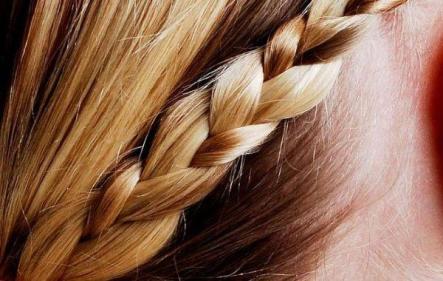A facial serum can reach into deeper layers of skin that a regular moisturiser is not able to get to. A serum, which should be applied after your toner and before your moisturiser, therefore can get added nutrients to places that moisturiser cannot.
If your skin is oily, you could use a serum to help balance sebum production and adequately hydrate your skin. This can help control oiliness. If you have a specific skin issue, such as wrinkles or dark spots, then using a serum is recommended.
It is recommended that everyone uses a moisturiser, no matter what your skin type is. Omitting this step from your skin care regime could result in redness or flaking and in time, cause wrinkles and signs of aging to appear earlier than they might have otherwise. Moisturising regularly is good for sensitive skin also, helping to ease irritation.
There are many types of facial serums including:
- Anti-aging serums
- Skin brightening serums
- Acne preventative serums
Whilst moisturisers and serums fulfil slightly different functions, you do not need both. A serum can help if you have a problem with your skin that you’d like to address, such as aging spots or dark circles around the eyes. Also, if you have oily skin, a serum can help by hydrating. Moisturisers will not penetrate the skin as far as serums will as they contain larger molecules than serums. Moisturisers keep the skin supple and moisturised, while serums deposit nutrients. But, if your skin is happy with your regular moisturiser alone, there is no need to rush off to buy a serum.




